There’s opportunity for agriculture in carbon markets but how should we use it?
Government, industries and companies are stepping up their climate commitments and evokeAG. 2023 highlighted the opportunities and potential challenges for agriculture in tapping into the carbon market. A panel of experts working in this space argued there’s more than one way for farmers to cash in on soil carbon and climate friendly management practices, but that data is the key.
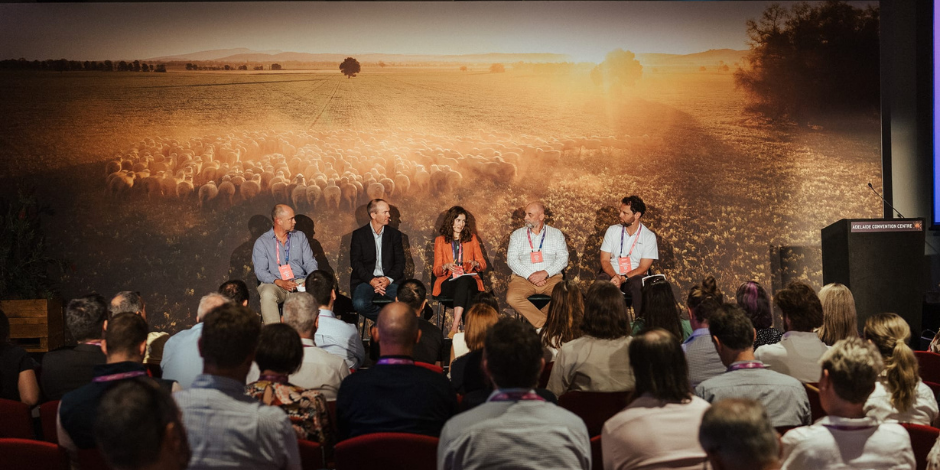
The Wilmot Cattle Company’s $500,000 carbon credit deal with tech giant Microsoft in 2021, ignited discussion about the opportunities for Australian graziers in the carbon market.
At evokeAG. 2023, Wilmot’s General Manager Stuart Austin said the company’s core business is beef, describing this first-ever private market soil carbon credit as an additional revenue stream.
“Obviously there was a financial incentive for us to do that deal,” Stuart said. “The bigger picture was to have the world wake up to realise that soil carbon was real, that you could build it [soil carbon] and it was something that you could monetise.”
The arrangement, through the US-based Regen Network using CarbonPlus Grassland Credits with support from Armidale-based natural capital advisor ImpactAg Partners, made use of ten-years’ of soil carbon measurements and satellite imagery.
RELATED: Patience and planning pays off for Wilmot Cattle Co’s carbon deal
He has some advice for those considering cashing in on soil carbon – do it for the production benefits on-farm.
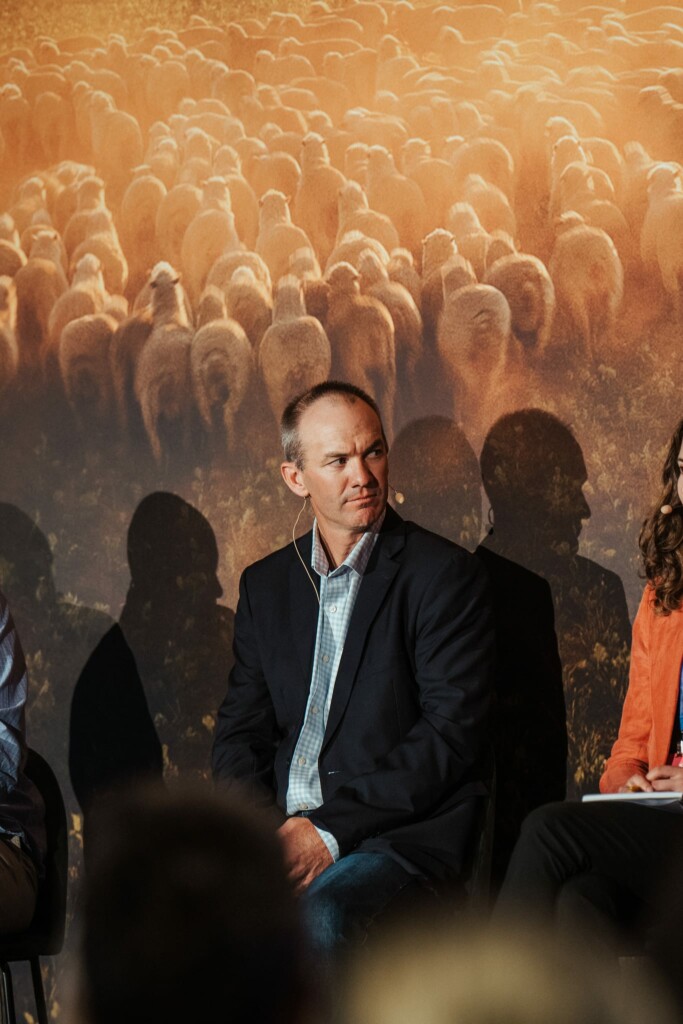
“As an industry, and for individual farm businesses, the focus should be on building resilient landscapes for the overall ecological and productivity benefit – which takes careful management and practice change.
“This will likely result in an increase in soil organic carbon, which could be sold as carbon credits or used to demonstrate low-carbon credentials. Ultimately producers need to do what is best for their individual businesses.
“For Wilmot Cattle Company, at this point in time, any income we might get from carbon credit sales is really the icing on the cake, above and beyond our core business of beef production,” said Stuart.
Soil carbon GHG emissions: data to prove it
Dr Rob Waterworth is Co-Founder and CEO of FLINTpro, the world’s first software system built to integrate multiple data streams required to estimate greenhouse gas emissions for the land sector.And according to Rob, it’s important to understand the history of emissions and land-use, and the activities that drive on-farm opportunities like soil carbon.
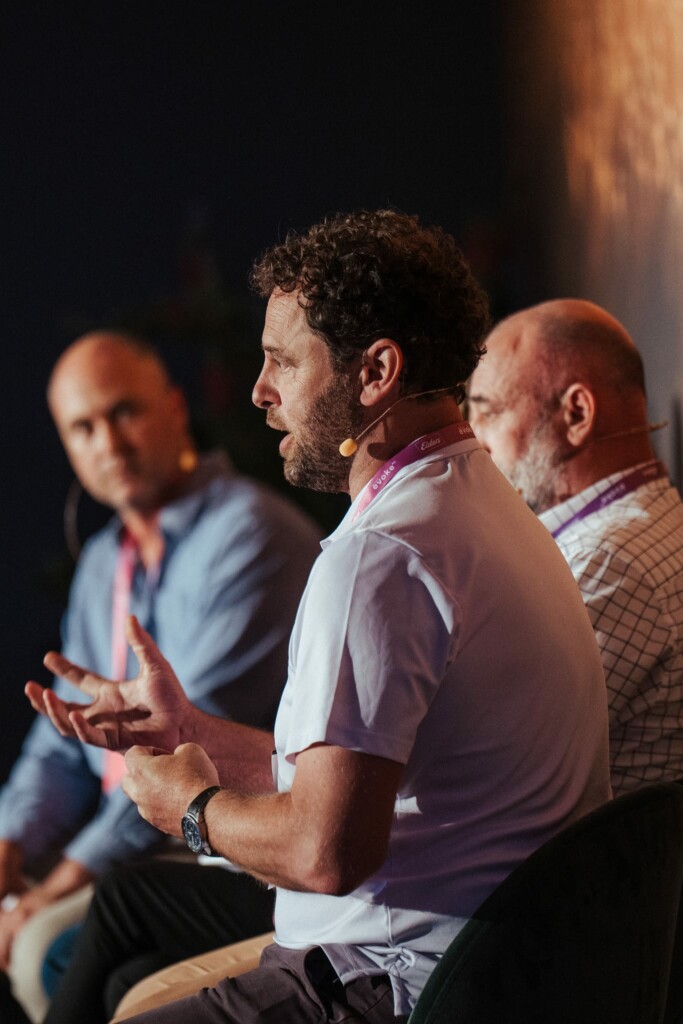
“’It has traditionally been very, very difficult. The types of data required can be quite intense, the calculators are largely products of their time, for example spreadsheet calculators and things like that.
RELATED: FLINTpro and environmental data tech
“So trying to bring this to scale … in a way that allows farmers to clearly see what’s driving their emissions and how to reduce those, is a really big challenge. But this is a challenge we can meet. It’s what FLINTpro is designed for. We work with our clients to provide emissions data and reporting at a paddock or pasture level, right through to portfolio level access across the globe.”
Director of Sustainability at livestock business management software company AgriWebb, Dr Nicole Buckley Biggs, said meeting climate commitments means having data to understand the impact of different management practices.
“We need the calculators and tools to be able to ingest the really important granular farm level data. Then we need to put these tools in the hands of producers so that they can start to test and see what works for them, not just environmentally and from a carbon perspective, but also what might make sense for them financially as they can track their bottom line over time.”
Stuart believes there’s much to be gained from expanding our knowledge of soil carbon, particularly at depth, and how it’s influenced by management.
“Our biggest knowledge gap is a lack of science about carbon at depth. In all of the research and science we have seen, it is only to 15 centimetres. There’s been very few soil carbon specific focused grazing trials around the world.”
To offset or inset?
Carbon offsetting has become big business. The practice allows for a business to compensate for its emissions by purchasing credit units of carbon that’s been sequestered somewhere else. However, there are also a myriad of opportunities for businesses, including farming businesses, to avoid, reduce and/or sequester emissions within their own value chain – a practice known as carbon insetting.
RELATED: The carbon trade off
Nicole said a key issue is whether agriculture continues to go down the path of selling offsets to other industries or keeping them within the supply chain to demonstrate climate friendly credentials for products.
“Something that producers are often not aware of is that if you sell a carbon offset … you can’t also claim that your product, your lamb or your beef is low carbon, you sold that claim to an oil and gas company, a tech company,” she said.
“This is where carbon insetting is becoming the name of the game, the major multinationals retailers and grocers, think McDonalds, Woolworths, Cargill, are making climate commitments to the Science Based Targets Initiative, which is a program that’s helping companies understand what their targets should be so they are aligned with The Paris agreement, and what’s achievable in their supply chains.”
RELATED: Global exports and the green ‘basket fillers’
Nicole explained that 90 per cent of the emission reductions must be achieved within their own supply chains and only 10 per cent can be offset.
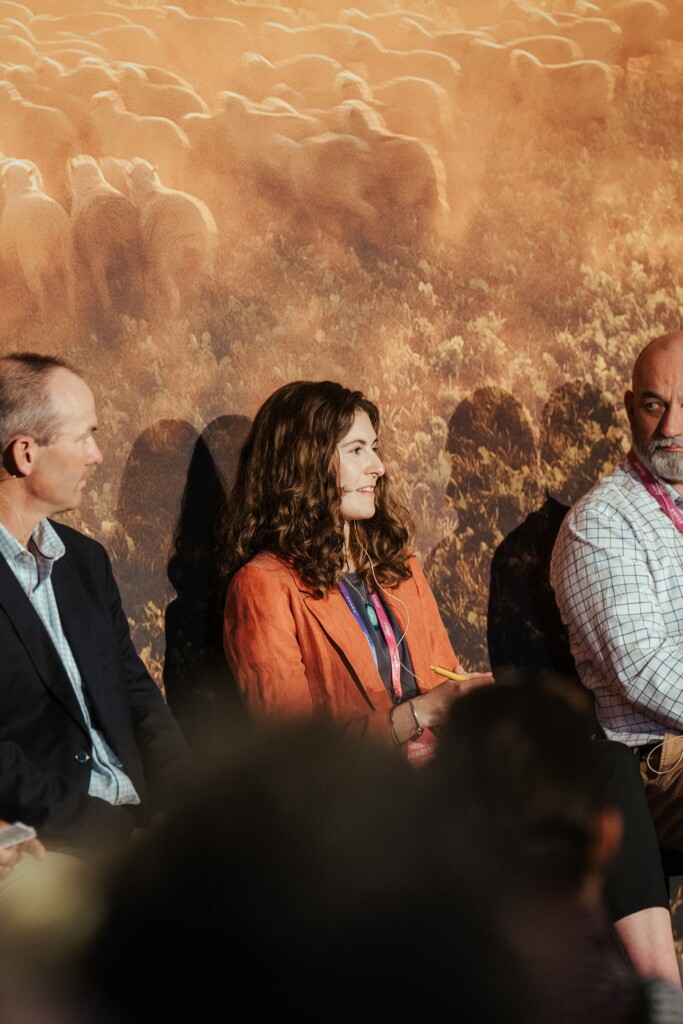
She said that means companies need to know the footprint for not only their own production systems, but the energy they use, and the commodities that they buy, all the way down to the farm level. And argued that a digital farm data is critical in being able to demonstrate that.
“The question is how do we make that data valuable for producers without them necessarily having to sell a carbon offset,” Nicole said.
“Producers won’t be motivated to do more unless they get paid more per kilogram of meat and maybe get some renumeration for showing, that over time, they are reducing their footprint,” she said.
It’s not all about the carbon
Managing Director of Clean Carbon Pty Ltd and Research and Development Manager at the South Australian No-Till Farmers Association, Greg Butler argued that soil carbon isn’t the only path to emission reduction.
“In our farming systems, fertiliser is the big one for emissions, followed up by fuel. Soil carbon is great for the soil, however when you look at the emissions that can be saved, it actually comes in a pretty poor tenth,” he said.
“That’s why we’re putting focus on fuel and fertiliser emissions reductions because in our farming system, that’s actually where the real gains can be made and the technology’s out there to do it.”
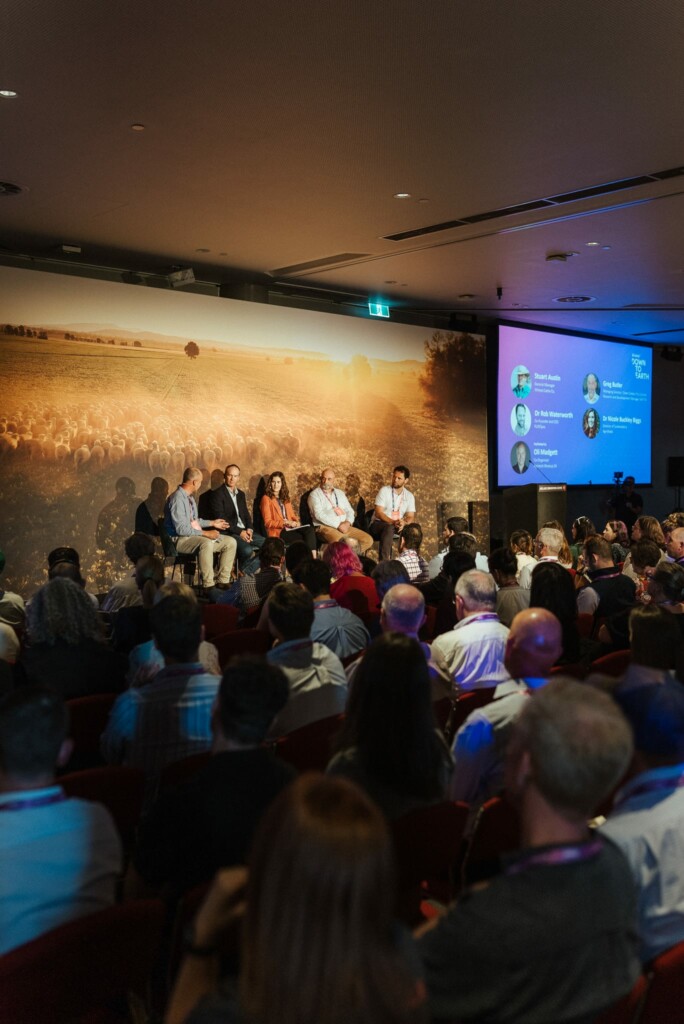
Meanwhile, Stuart Austin is welcoming the wider conversation about natural capital.
“Soil, water, plants, biodiversity,” he said. “All the natural resources that we manage and the public good that we can create for our environment, our country, our globe. There is an opportunity for land stewards to be rewarded.”
evokeAG. 2023 examined how global agrifood innovation and tech intersect to drive change for our food, farmers, and the natural resources which sustain them. Listen to the panel discussion “Eyes wide open: who gets the (carbon) credit” here.
Save the date for evokeAG. 2024 on 20-21 February 2024 in Perth, Western Australia. In the meantime catch up on the other conversations about sustainability, climate resilience and the role of agtech in meeting those challenges from evokeAG. 2023 here.
